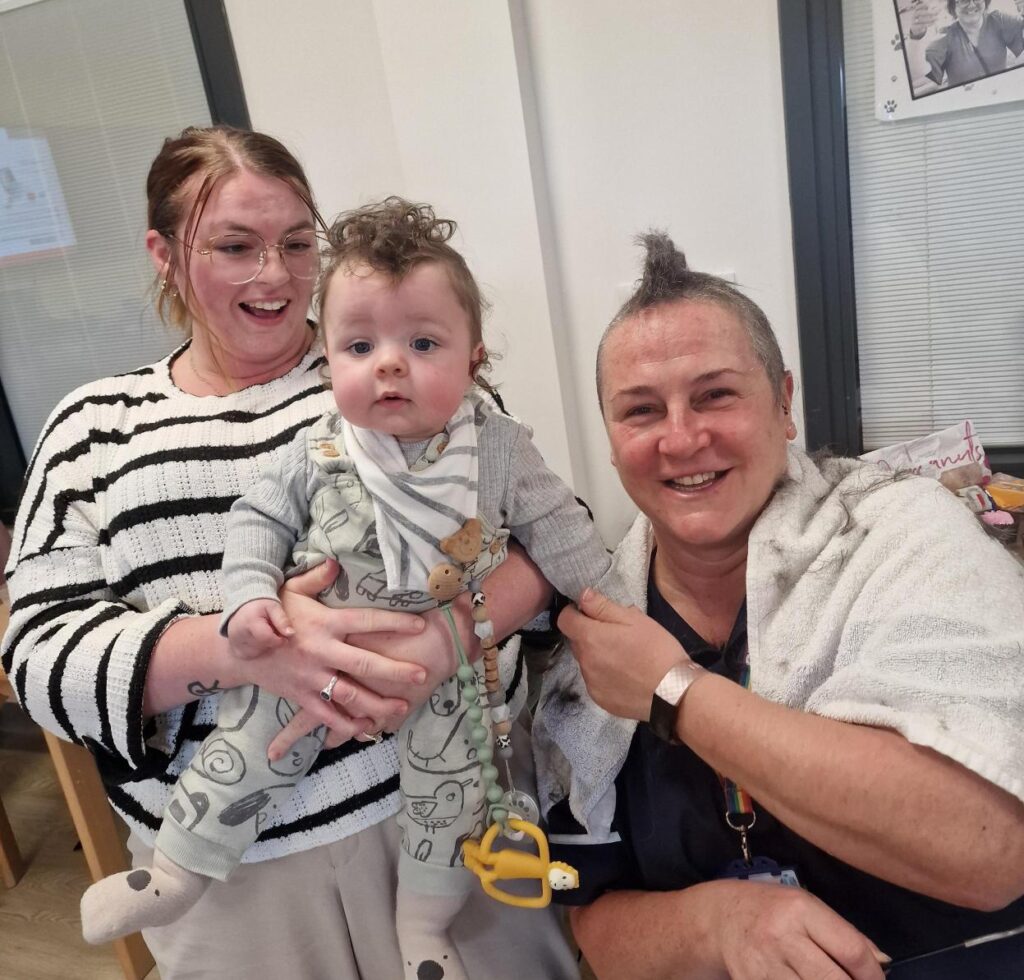New Technology Will Diagnose Patients Likely To Suffer a Stroke Earlier
Written by John Williamson on 10/04/2017
Over the next few months staff at University Hospitals of Morecambe Bay NHS Foundation Trust (UHMBT) want to introduce the AliveCor device to patients who are experiencing heart palpitations, which standard electrocardiogram (ECG) have failed to diagnose. The team hopes there will be 30 devices available cross bay.
The device, which patients’ take home with them, links up to an app on iPhones or Android phones and sends results of a patient’s arrhythmia to the Cardiology team, meaning patients would have their results within a few days and know whether they needed to make a further appointment. Results from a standard ECG monitor can take up to six weeks to analyse.
When a patient is suffering a palpitation they would place the device over the back of their mobile phone and their fingers onto two electrodes which record whether the patient has an arrhythmia.
The most common type of irregular arrhythmia is atrial fibrillation (AF) where the heart beats irregularly and faster than normal. This type of arrhythmia can lead to strokes. Arrhythmias or heart rhythm problems are experienced by more than 2 million people a year in the UK.
Across the Trust last year 573 patients were admitted with confirmed stroke and 21% of stroke patients had known AF on admission.
David Ferguson, Arrhythmia Nurse Specialist, UHMBT, who is leading the project, said: “I discovered this technology at the Heart Rhythm Congress in Birmingham and had heard that other trusts were using it successfully.”
Kay Smith, Clinical Investigations Lead, UHMBT, added: “We are really looking forward to working with David on this project, this technology is fantastic because we will be getting results much earlier, which is vital in the diagnosis and treatment of patients suffering from an arrhythmia. It will also save the Trust money as a standard ECG monitor can cost up to £1,200. It will also cut down the need for unnecessary patient journeys saving staff time and patients travel time and money.”
David was one of 11 members of staff who pitched his idea to directors, nurses and clinicians at the Trust’s Dragons’ Den events. The events were a collaboration with the NHS Innovation Agency where £20,000 was up for grabs. His pitch was successful and the team was awarded around £2,000 towards the cost of the devices.
David Walker, Medical Director, UHMBT, said: “This technology could save lives. A stroke is caused when the blood supply to part of your brain is cut off. There are more than 100,000 strokes in the UK each year; that is around one stroke every five minutes. By identifying those at risk of stroke early, preventative medication can be started to reduce the risk although not all strokes are related to arrhythmias.”






